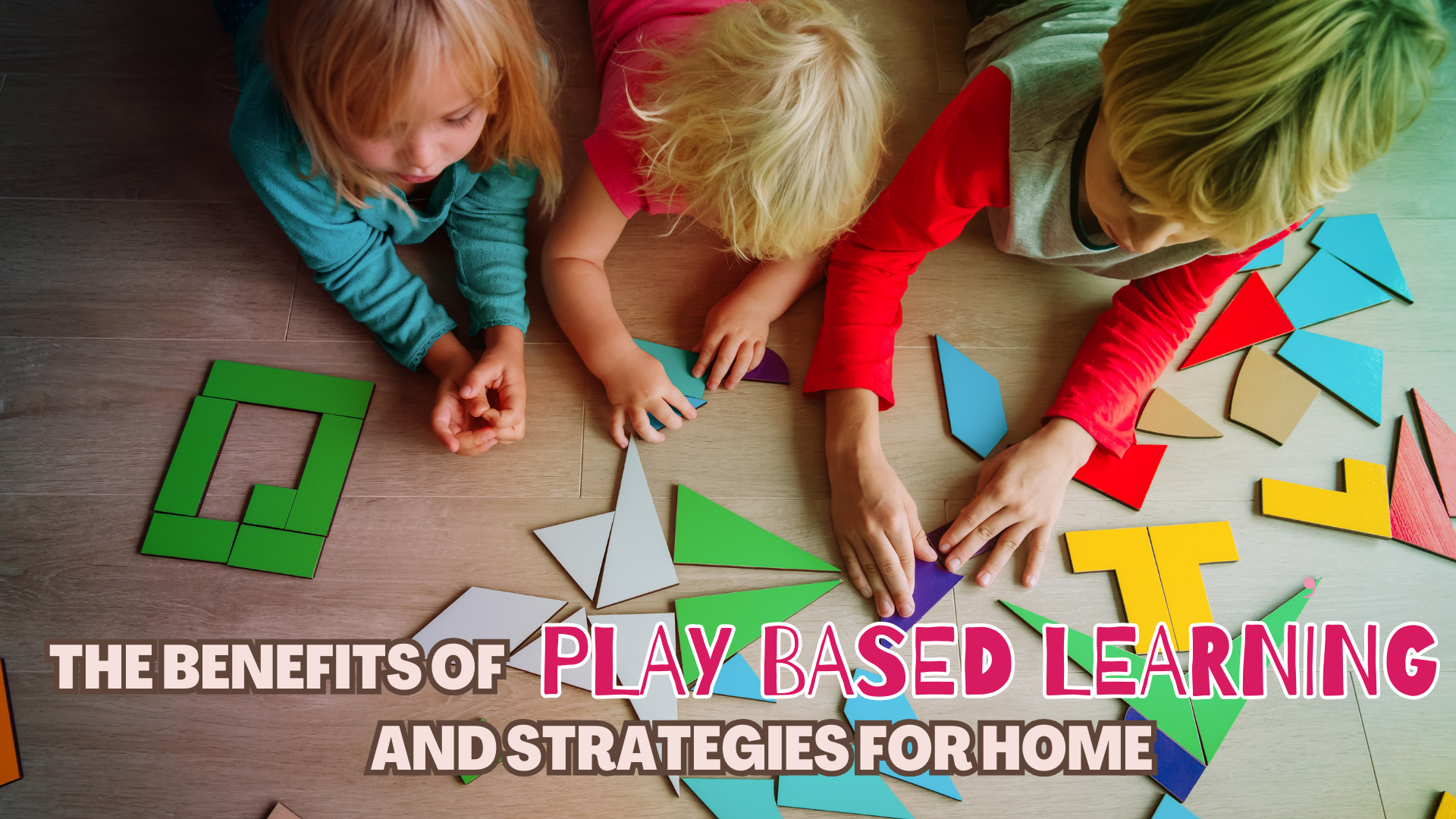Published by: Digital Schools
Play-based learning is important because it provides children with a developmentally appropriate and effective way to acquire essential skills and knowledge while fostering their natural curiosity, creativity, and love for learning. Here are some reasons why play-based learning is important:
Holistic Development:
Play-based learning promotes the overall development of a child, including cognitive, social, emotional, and physical aspects.
Engagement:
Children are highly engaged in play, making it an effective way to capture their attention and motivation to learn.
Critical Thinking:
Play encourages problem-solving, decision-making, and creativity, which are critical thinking skills essential for academic success and life in general.
Social Skills:
Through play, children learn to interact with others, negotiate, share, and resolve conflicts, fostering valuable social skills.
Emotional Intelligence:
Play helps children understand and manage their emotions, develop empathy, and build emotional resilience.
Physical Skills:
Play contributes to the development of fine and gross motor skills, promoting physical health and coordination.
Language Development:
Interaction during play supports vocabulary development and enhances language skills.
Curiosity and Exploration:
Play-based learning nurtures a child’s innate curiosity and encourages them to explore the world around them.
Independence and Confidence:
Through play, children gain a sense of independence, confidence, and a belief in their ability to learn and problem-solve.
To offer play-based learning at home, consider the following strategies:
Provide a Variety of Toys:
Offer a range of toys and materials that encourage imaginative play and exploration. This might include blocks, puzzles, art supplies, books, and outdoor equipment.
Designate a Play Space:
Create a designated play area where your child can access toys and materials. Make sure this space is safe, comfortable, and organized.
Limit Screen Time:
Reduce screen time and encourage hands-on activities instead.
Participate in Play:
Engage in play with your child. Get involved in their imaginative and role-play scenarios, storytelling, and games.
Outdoor Play:
Encourage outdoor activities that promote physical development and an appreciation for nature.
Arts and Crafts: Provide art supplies and encourage your child to express themselves through drawing, painting, and crafting.
Sensory Play: Set up sensory bins or activities with materials like sand, water, or play dough to stimulate the senses.
Music and Dance: Introduce your child to music and dance, allowing them to express themselves through these mediums.
Cooking Together: Involve your child in cooking and baking activities, which offer practical skills and opportunities for math and science learning.
Educational Apps and Games:
Use high-quality, age-appropriate educational apps and games to complement play-based learning. However, be mindful of screen time limits.
Visit Museums and Nature Centers:
Explore educational outings to museums, science centers, zoos, and nature reserves for hands-on learning experiences.
Ask Open-Ended Questions:
Encourage conversation and critical thinking by asking open-ended questions and promoting thoughtful discussions.
Remember that play-based learning should be child-directed and exploratory. As a parent, your role is to facilitate and support your child’s learning experiences, creating an environment that fosters their curiosity, creativity, and natural desire to learn.


